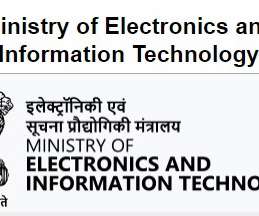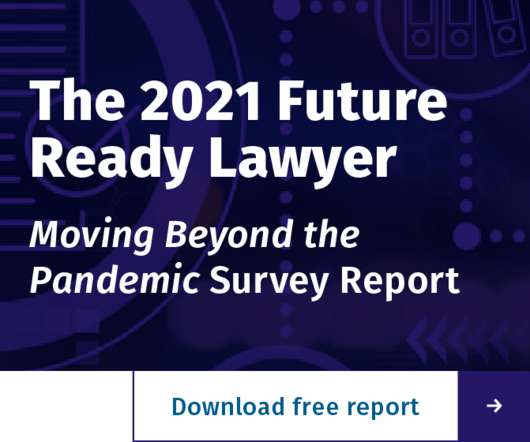Fashion Copyright and Infringement
IP and Legal Filings
JULY 13, 2022
The recent controversy involving French fashion house Jean Paul Gaultier and TaTa Top, known for their rather distinct bikini prints, has brought the issue of fashion copyright to the forefront again. Fashion Copyright. Till now, this article has focused on the ambit of copyright protection in a relatively generic manner.














Let's personalize your content